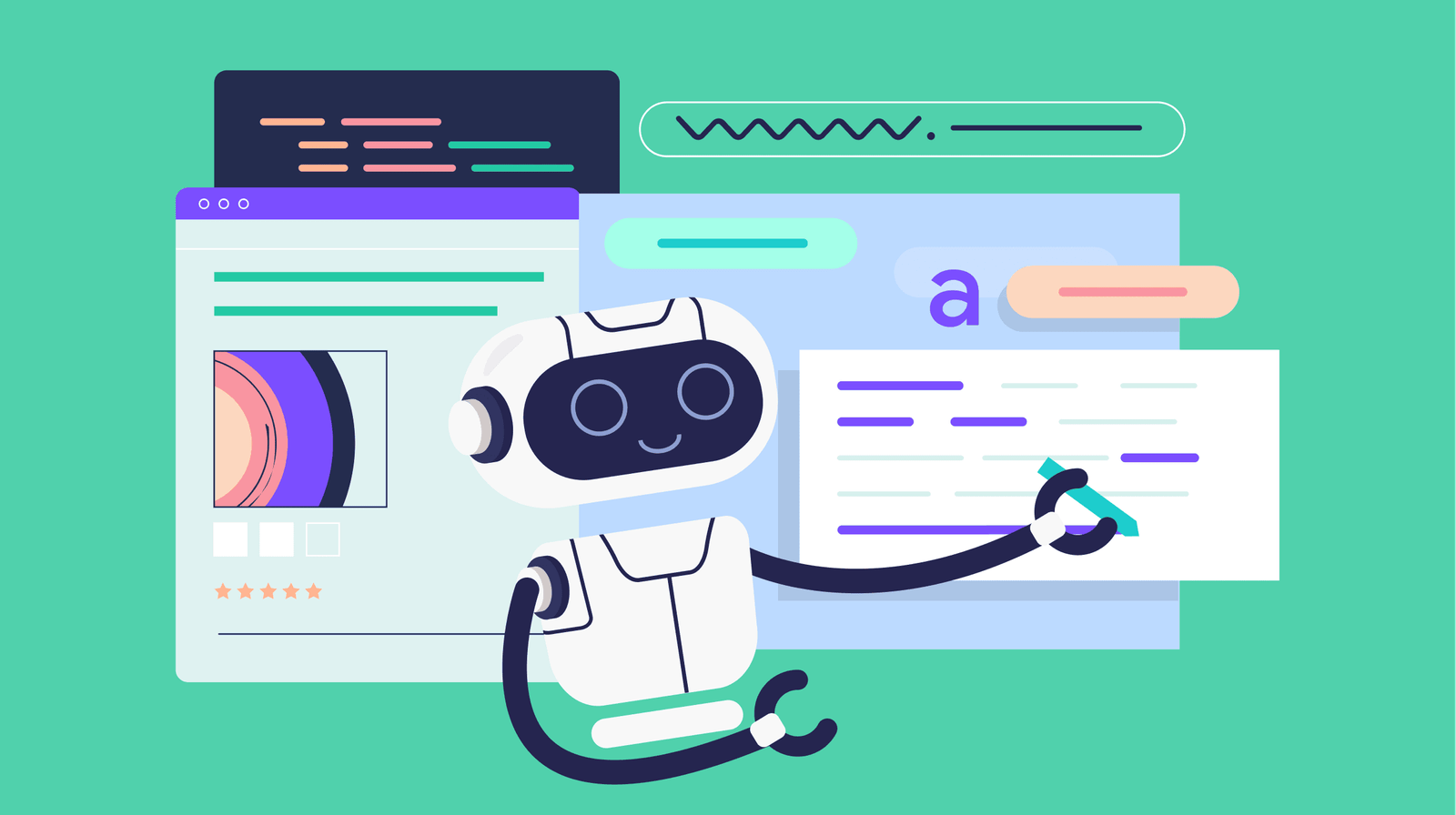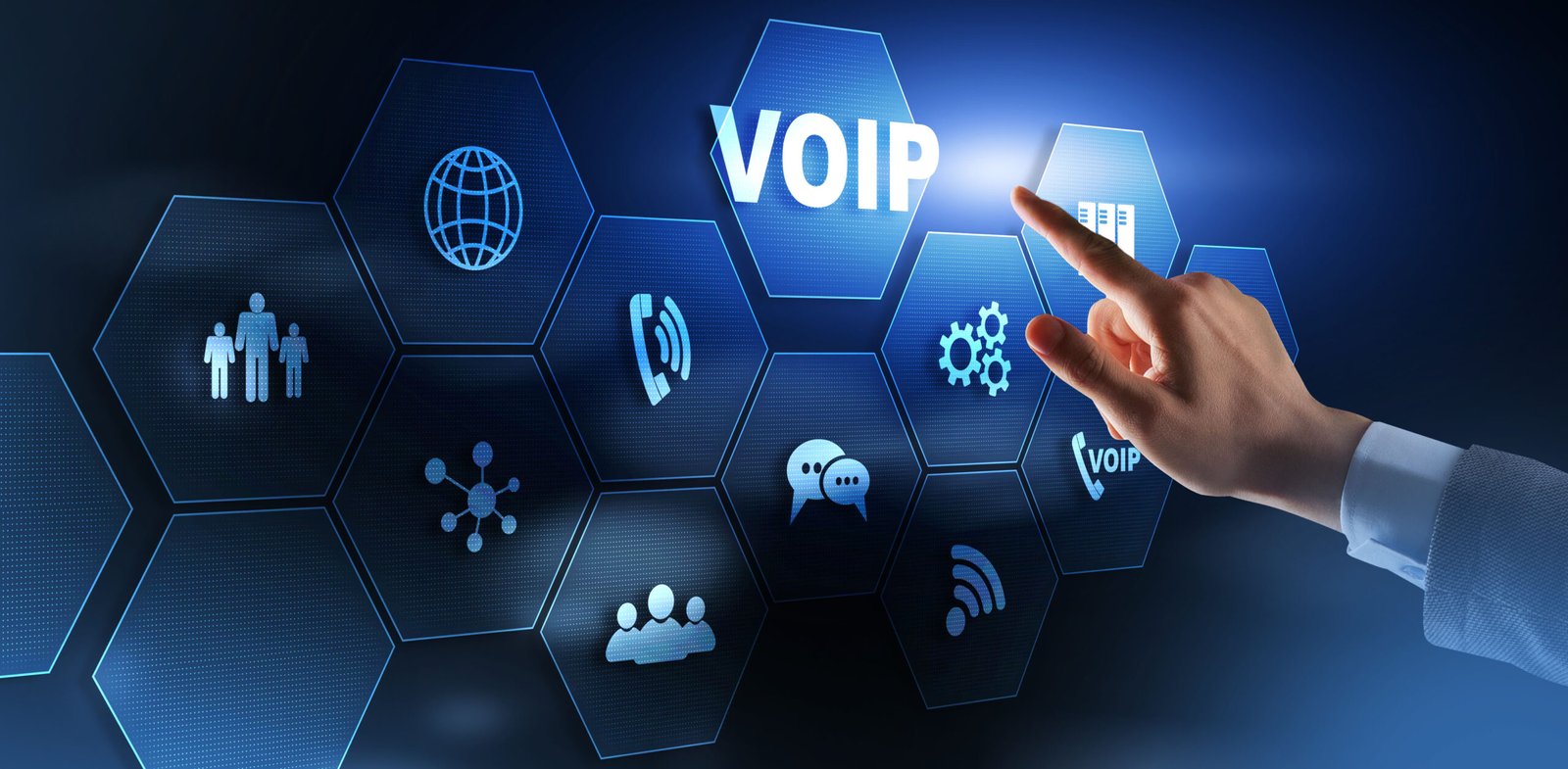Do AI Lawyers Work? A Deep Dive into LegalTech and GPT for Law in 2025
The term “AI lawyer” has captured the public imagination, sparking both excitement and apprehension within the legal profession. But do they actually work? The answer, in 2025, is a nuanced but definitive “yes”—though not in the way science fiction might portray. AI is not replacing human lawyers; instead, it is becoming a powerful and indispensable collaborator, a new kind of “AI teammate” that handles the rote, data-intensive aspects of legal work, allowing human practitioners to focus on strategy, advocacy, and client counsel.
The adoption of this technology is no longer a fringe movement. The 2025 Legal AI Report reveals a surge in confidence and integration, with 80% of legal professionals now considering themselves knowledgeable about AI and 74% expecting to use it in their daily work within the next year. This rapid adoption has created a critical need to understand the capabilities and, more importantly, the limitations of different types of legal AI.
This report provides a deep dive into the state of AI in the legal profession. We will explore the fundamental and critical differences between using general-purpose AI like ChatGPT for legal tasks versus specialized, database-grounded platforms like Lexis+ AI and Harvey AI. Furthermore, we will analyze the profound impact these technologies are having on the very business model of the modern law firm.
The Core Challenge: Generalist AI vs. Specialist Legal AI
The Allure and Peril of Using ChatGPT for Legal Work
The accessibility and versatility of tools like ChatGPT have made them popular for certain legal tasks. Data shows they are widely used for document drafting (47% of legal professionals) and preliminary legal research (34%). They can be effective for generating first drafts of standard letters, summarizing text, or creating boilerplate clauses for low-stakes agreements.
However, using a generalist AI for substantive legal research carries an immense and well-documented risk: hallucinations. The most infamous example occurred in early 2024, when a New York law firm was sanctioned by a court for submitting a legal brief that contained entirely fabricated case citations generated by an AI. This event sent a shockwave through the industry, highlighting the critical danger of relying on these tools. The problem is that general LLMs are not grounded in a verified legal database; they are pattern-matching systems that can generate plausible-sounding but factually incorrect information with unwavering confidence.
The Specialist Solution: AI Built on a Legal Bedrock
In stark contrast, specialized legal AI platforms are engineered from the ground up to mitigate this risk. Tools like Lexis+ AI, Harvey AI, Wordsmith, and Thomson Reuters CoCounsel are built on a foundation of trusted, authoritative content.
- The Core Advantage: Their AI models are not operating in a vacuum. They are deeply integrated with and “grounded” in verified, proprietary legal databases such as Westlaw, LexisNexis, and government sources like EDGAR. This fundamental architectural difference means that every response the AI generates is backed by and linked to a verifiable source within the database. This allows lawyers to instantly check the citations, read the source material, and confirm the AI’s reasoning, building a level of trust that is impossible with a generalist tool. Some platforms, like
- Paxton AI, are so confident in this approach that they claim a 94% non-hallucination accuracy rate.
This distinction creates a new paradigm for evaluating legal AI: the “Glass Box” versus the “Black Box.” A generalist tool like ChatGPT operates as a “black box.” A lawyer inputs a query and receives an answer, but the internal reasoning process and the sources used to generate that answer are opaque, unreliable, and often inaccessible. This makes independent verification—a core professional duty—impossible.
Specialized legal platforms operate as a “glass box.” They provide an answer and simultaneously show their work, providing direct links to the specific cases, statutes, and articles within their trusted database that support their conclusion. This transparency is their single most important feature. It allows the lawyer to maintain full control and fulfill their ethical obligation to verify every source before presenting it to a court or a client. Therefore, the debate is not about which AI is “smarter” or more “creative.” For the legal profession, where verifiability and accuracy are paramount, the transparent “glass box” model of specialized, database-grounded AI will always be the superior and only professionally responsible choice for core legal research and analysis.
A Deep Dive into AI-Powered Legal Research Platforms
Lexis+ AI & CoCounsel (Thomson Reuters): The Incumbent’s Advantage
The established giants of legal research, LexisNexis and Thomson Reuters, have moved aggressively to integrate generative AI into their flagship products. Lexis+ AI and CoCounsel (which integrates with Westlaw) leverage the power of conversational AI while keeping it securely within their trusted, walled-garden databases.
- Use Case: A lawyer can now ask a complex legal question in plain English, such as “What are the key precedents regarding fiduciary duty in Delaware corporate law since 2020?” The AI will then search the entire Lexis or Westlaw database, synthesize the findings, and provide a summarized answer complete with direct citations and links to the relevant cases and statutes.
Harvey AI: The Elite Law Firm Powerhouse
Harvey AI has quickly established itself as an enterprise-grade AI assistant developed with the needs of elite, global law firms in mind.
- Key Strengths: Harvey excels at complex, comparative legal analysis across multiple jurisdictions. Its platform is built on a foundation of trust and traceability, ensuring that every result includes citations, summaries, and jurisdictional context so that lawyers can independently verify all information. Its power was demonstrated in the VLAIR study, where Harvey significantly outperformed human lawyers in tasks like document Q&A and matched them in chronology generation.
Wordsmith: The In-House Counsel’s Integrated Suite
While many tools focus on law firms, Wordsmith is designed specifically for the needs of in-house corporate legal teams. It provides a single, integrated platform for research, drafting, and document review.
- Standout Feature: Its most powerful capability is its integrated knowledge management system. Wordsmith allows a company’s legal department to ingest its entire repository of existing contracts, policy manuals, and historical legal advice. This transforms the company’s internal documents into an intelligent, queryable resource, effectively creating a searchable “institutional memory” for the legal team.
The Business of Law: How AI is Reshaping Law Firm Models
The Productivity Paradox and the Billable Hour
A landmark study from the(Harvard Law School) found that AI can increase lawyer productivity by more than 100-fold. In one pilot project, a task that typically took a junior associate 16 hours was completed by an AI in just 3-4 minutes. This creates a significant paradox: for the 80% of law firms that rely on the billable hour, this incredible efficiency directly threatens their primary revenue stream.
Despite this, firms are not abandoning the billable hour. The consensus view is that AI will improve the quality and speed of service, not necessarily reduce the total hours worked. By automating the 80% of time previously spent on tedious information collection, lawyers can now dedicate that time to higher-value strategic analysis, which ultimately benefits the client.
Investment, Pricing, and Client Expectations
Law firms are making significant investments in AI but are not planning to pass these costs on as a separate line item on invoices. Instead, the expectation is that the enhanced value provided by AI—faster responses, deeper insights, higher quality work—will be recognized by the market and eventually incorporated into higher standard billing rates.
Clients, for their part, are keenly aware of the use of AI. Their primary demands are not necessarily for lower costs, but for quicker responses, better service, and robust security measures to protect their confidential data. This dynamic is creating a new competitive landscape where firms that strategically adopt AI can gain a distinct advantage by delivering a superior client experience.
The Future of Legal AI: Trends to Watch
The legal AI landscape is evolving rapidly. Key trends from the ACEDS 2025 report indicate growing investment and a move towards human-AI collaborative models. However, significant barriers remain, including the high cost of enterprise-grade tools and persistent concerns about data privacy.
Professionally, the role of legal technologists and eDiscovery professionals is expected to expand beyond litigation support into broader information governance and knowledge management roles within firms. Furthermore, bar associations are increasingly emphasizing that “technological competence,” which now includes an understanding of AI tools and their limitations, is a fundamental part of a lawyer’s ethical duty.
Frequently Asked Questions (FAQ)
Can AI replace a lawyer?
What is the most advanced legal AI?
Is using ChatGPT for legal advice reliable?
How is AI changing the legal industry?
What are the ethical concerns of using AI in law?
Want to understand how AI can help you win cases?
See the specific tools revolutionizing contract work in our detailed review of ai-legal-tools-2025. Want to understand how AI can help you win cases? Explore the world of AI-driven litigation analytics. Subscribe to stay ahead of the curve in the fast-evolving world of LegalTech.
By Megan Scott – AI Editor & Tech Writer
Translating AI and tech into clear, actionable insights for businesses and creators.


